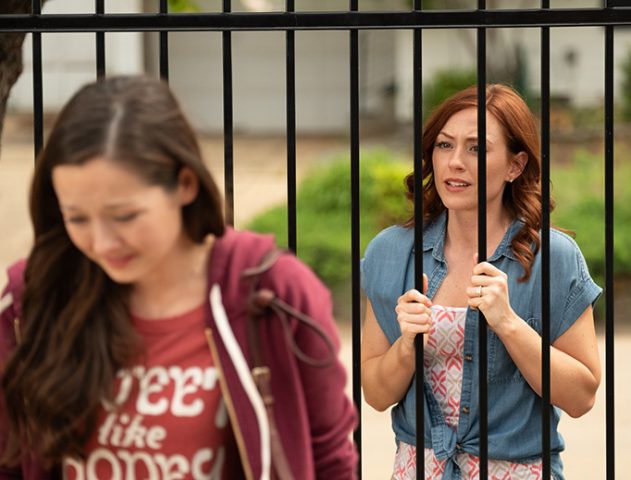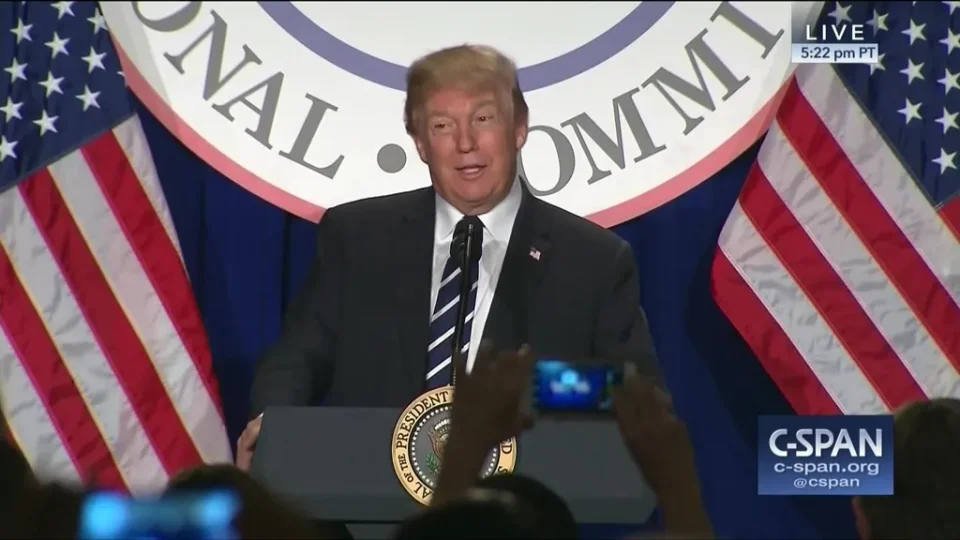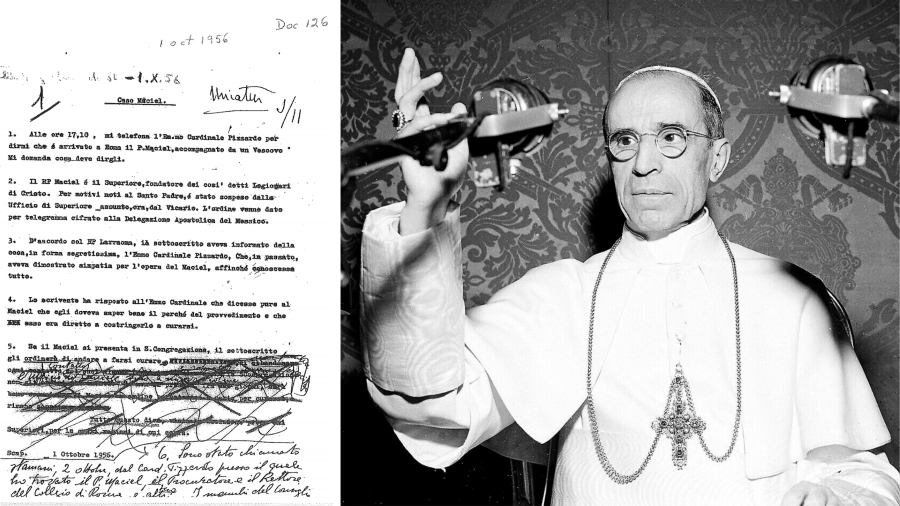‘Unplanned’ Isn’t Propaganda, But a Mirror to a Culture of Death, by Joan Desmond

Msgr. Charles Pope: The Seven Deadly Sins: Lust
April 4, 2019
What You Need to Know About Planned Parenthood (Video)
April 5, 2019
In the battle for humanity that “Unplanned” depicts, we also glimpse the conscience of America, whipsawed by the seductive lies of the culture of death.
By Joan Desmond, National Catholic Register, 4/3/19
“Unplanned” isn’t a good movie, but it’s effective propaganda.”
That’s the takeaway from a Variety film review of “Unplanned,” the new film adaptation of Abby Johnson’s real-life story of a Planned Parenthood clinic manager who becomes a pro-life activist. And maybe the reviewer has a point.
At times, “Unplanned” gets bogged down with wooden dialogue and weak performances, from male characters in particular. If would surely have been a more memorable film if top Hollywood talent had agreed to take on Johnson’s harrowing tale of sin and redemption amid the daily grind of a Planned Parenthood abortion business.
But Hollywood’s well-documented passion for “abortion rights” and disdain for the pro-life movement create an almost insurmountable hurdle for such a film project — as Archbishop Joseph Naumann of Kansas City, Kansas, suggested in a March 28 column for The Wall Street Journal opinion page.
“‘Unplanned’ got its R rating for ‘violence,’” said Archbishop Naumann.
”It is noteworthy for Hollywood to acknowledge that abortion is violent, but the on-screen violence in ‘Unplanned’ isn’t gratuitous; it’s medically accurate. Viewers see exactly what compelled Ms. Johnson to leave an organization to which she had devoted herself for more than eight years.”
Archbishop Naumann further noted that New York state laws now allow abortions for “up to the moment of birth and a teenage girl can have an abortion without her parents’ knowledge or consent. What an irony that the MPAA rating of ‘Unplanned’ doesn’t allow a 16-year-old to see this movie without a parent or guardian present.”
In a column for the Washington Post, Marc A. Thiessen took note of the entertainment industry’s pushback against the film: “A half-dozen major music labels refused producers’ requests to license music for the film. Many major television networks except Fox News and the Christian Broadcasting Network refused to run ads promoting it.”
So let’s agree that “Unplanned” could have been a stronger film, and that the filmmaker’s decision to tell a story that predictably includes pro-life saints and Planned Parenthood villains will likely turn off many millennials. (“Juno,” the quirky 2007 film with a pregnant teenage heroine who decides to explore adoption, may be better suited to this demographic.)
But as I watched “Unplanned” with a group of friends at a California theater this week, I quickly dismissed the attempt to characterize the film as “propaganda.” Johnson’s real-life story worked its magic. Like her memoir, this adaptation gains its power from the title character’s own struggle to justify her job as a tiny cog in the Planned Parenthood machine.
The rite of initiation into this strange world begins with Johnson’s first abortion, which occurs during college.
After her first marriage sours, she undergoes a second abortion, this time taking pills containing mifepristone (RU-486) and misoprostol (or Cytotec) to end the pregnancy. The clinic staffer promises that the chemical abortion won’t be a big deal, but Johnson experiences severe pain and blood clots for months.
The Planned Parenthood clinic that facilitated the two abortions will become her place of work for eight years. And that move leaves the audience with the feeling that Johnson choose this line of employment as a way of justifying her own abortion — and even, perhaps, as a horrible kind of penance.
But as Johnson advances from her first position as clinic counselor to the top job of manager, the effort to maintain emotional distance by ignoring the brutal reality of abortion procedures grows ever more challenging.
Once she criticized a clinic staffer for downplaying the pain associated with her chemical abortion. Now she smoothly reassurances a panicky client that abortions expel blobs of tissue, not unborn children.
She also convinces herself that Planned Parenthood’s primary mission is to help women and make abortion “rare.” So when a corporate directive urges clinic affiliates to boost revenue by doubling the number of abortions, Johnson reacts with outrage.
Finally, a senior manager at Planned Parenthood sets her straight, and explains that clinic affiliates operate like McDonald’s franchises. Hamburgers may be included on the menu, but fries and sodas pay the bills. Likewise, clinic affiliates offer screenings for a variety of services, like breast cancer and sexually transmitted diseases, but abortions pay for her 401(k) and health insurance.
Slowly, Johnson’s well-insulated conscience begins to resemble a ticking timebomb. She brushes by pro-life clinic protestors who stand outside the clinic, and politely ignores the fact that her parents and second husband object to her work.
In her memoir, Johnson makes clear that the Coalition for Life activists stationed outside her clinic played a critical role in her conversion.
One of the most powerful scenes in her book depicts a midday protest in the hot Texas sun that draws a woman religious in full habit. When a client leaves the clinic after a lengthy appointment that presumably included an abortion, the sister falls to her knees, consumed with grief for the woman and her unborn child.
In the memoir, the protestors seem to operate on a stage, almost like a Greek chorus in an ancient tragedy. Johnson is their captive audience, with the plot moving ever closer to the catharsis.
The rawest moment in the film occurs after Johnson is asked to help with an abortion for the first time. An ultrasound image reveals the truth that Johnson has tried for years to suppress. A tiny unborn child struggles for its life, as its body is rapidly vacuumed from the womb, and Johnson reacts with horror.
A subsequent scene is equally memorable, perhaps more so. Johnson’s husband awakes in the middle of the night to find her anguished and weeping as she confronts the grotesque achievement of her eight years as a clinic manager — the destruction of 22,000 unborn children.
Her remorse is deeply affecting and at the same time unimaginable.
But after years of denial and lies, the decision to take responsibility for her actions also serves as a kind of liberation and celebration of one woman’s moral agency.
The power of Abby Johnson’s story transcends this flawed screen adaptation, in part, because it feels so close to our own struggles. And in the battle for her soul, we also glimpse the conscience of America, whipsawed by the seductive lies of the culture of death.




